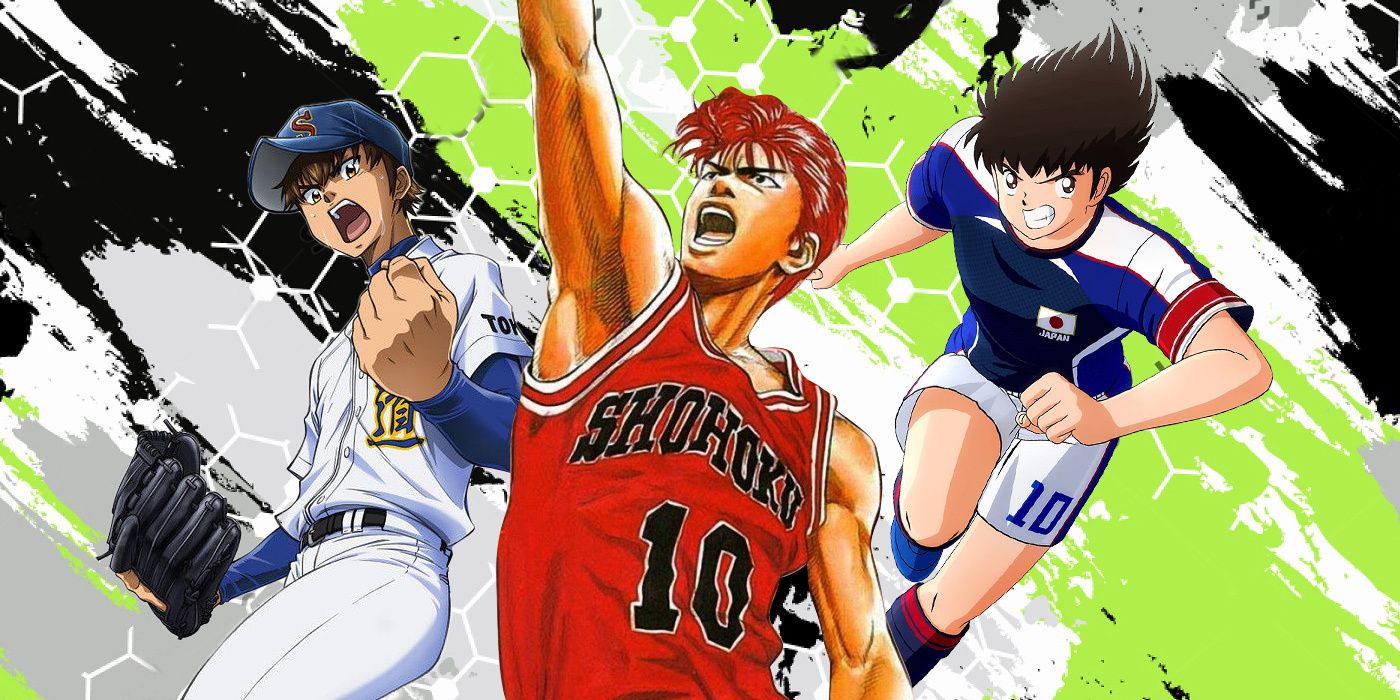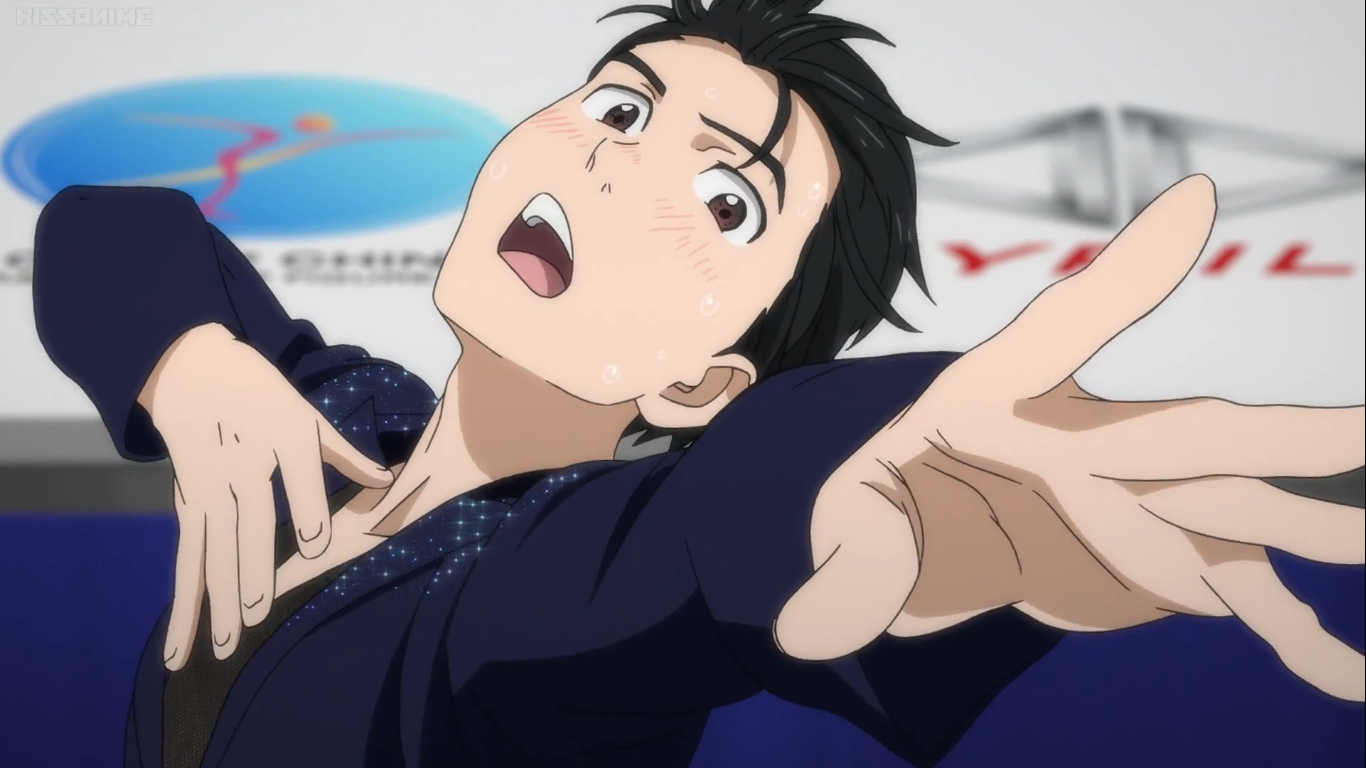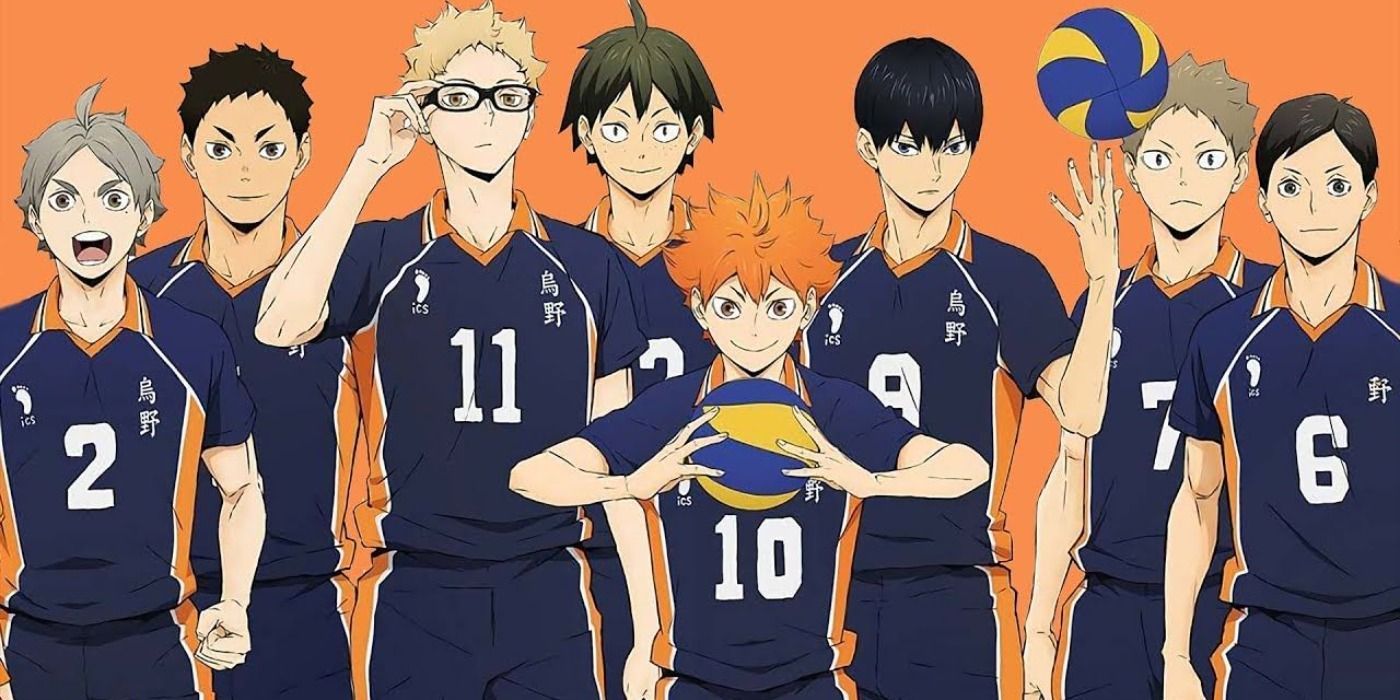There’s something about sports anime that just draws people in.
That’s why every season, there’s at least one new sports anime in the lineup. They aren’t all winners, of course, but it shows a demand for content centered around sports and the people who play them. This leads to a really important question: why?
To some, sports anime is the same as watching a sports game. It’s just people playing a game. This is a fair position to take if you’ve never really seen a sports anime in its entirety. What’s the point of watching a bunch of animated people play volleyball (or baseball, or basketball, or swimming…any sport can be inserted here to make the point)?
However, there is something beyond the sport in this genre that pulls people in. Even if you have never played a sport, sports anime can be something that feels incredibly relatable and personal due to three things. One, sports anime is full of rather complex characters and relationships. Two, a number of core themes that are relatable to audiences are found in the genre. Lastly, sports anime contains stories that carefully balance sports, drama, comedy, and other genres, causing it to be engaging to a number of different people.
It’s important to look at the characters and relationships that can be found in the genre. To do this, let’s take a look at some of the most popular series: Free and Yuri on Ice. Free is perhaps the most well-known (and the series somewhat responsible for the uptick in sports anime we’ve seen since the mid-2010s) and it focuses on swimming... except, it really doesn’t. The series is more about a group of friends - Haru, Makoto, Nagisa, and Rei - and their relationships with each other and with an old friend, Rin. As the series continues, more characters are added and more tension is created as the boys learn how to cope with injuries that may prevent them from chasing their dreams, deal with the pain of losing loved ones, and struggle with feelings of inadequacy and confusion. This is somewhat similar to Yuri on Ice, which is about figure skating but also not really; it focuses on an anxious man named Yuri and his relationship with former world champion skater Victor, as well as his feelings of frustration and inadequacy and learning to manage his anxiety.
In both of these examples, you’ll notice that while these animes involve sports, they aren’t necessarily focused on sports. Sports are a means of conveying important themes and relationships. In the case of Free, swimming represents something that brought the friends together but also something that pulled them apart, and it is an activity that is used as a means of inspiration, particularly in Makoto’s case as he goes on to become a coach. With Yuri on Ice, figure skating is meant to represent the struggle Yuri has with his anxiety and his body. It’s a catalyst for his feelings, but it’s also a symbol of his relationship with Victor, which is something so beautiful, but requires a lot of hard work and fine-tuning. Sports anime places a heavy focus on the lives of the characters and their struggles, because they can all be connected back to the sport while also creating a relevant story that stands alone. This is extremely important, because these characters and relationships are what make the genre interesting to people.
Of course, there’s also the fact that sports anime is a genre that is able to mix a lot of themes and plot lines of varying types to create a compelling story while also showcasing a sport. For example, 2019’s Stars Align was about a middle school boy's tennis team, and there was a healthy amount of time spent seeing the boys train and grow as players. Underneath that, each boy was struggling with a number of things, from an abusive parent, to understanding their gender identity, to their own parents being afraid of them, to mental illness, and everything in between. 2016’s All Out balanced scenes of training and games with a number of personal scenes between the boys, and tackled issues of body image, guilt, and poverty, and how these things can affect relationships and team dynamics. This isn’t unique to these titles, though; sports anime often share a handful of common themes that almost anyone can relate to, such as the feeling of loneliness that comes with being at the top, the way success and failure affects people, the power of perseverance and tenacity in achieving your goals, and how stress can cause feelings of inadequacy and anxiety and how that can deteriorate a relationship.
Perhaps what really draws people in, though, is the way sports and the teams that play them become a way to heal from the personal issues we see the characters face.
When Haikyuu’s Kageyama first joined the Karasuno team, he was self-absorbed. This came from the trauma of being an ace player; people relied on him heavily. He had so much pressure to perform that he became jaded and conceited, pushing people away to keep himself at the top. At first, this makes working with the other members of Karasuno extremely difficult. But as he spends more time with the team and his upperclassmen show him how things are done, and he begins to make friends, he’s no longer this boy under tremendous pressure. He starts to heal and become a version of himself that he prefers with the support of his team.
Or take All Out’s Iwashimizu. He’s a great rugby player and his best friend Miyuki got him involved with the sport in middle school. During a match, though, Iwashimizu ends up breaking Miyuki’s shoulder during a tackle, and he becomes afraid of playing after the team’s vice captain blames him for the incident, though Miyuki says it was an accident. This causes Iwashimizu to quit rugby until high school, when Gion drags him back into the sport. As he plays with this new team and is able to play against Miyuki again, he begins to heal from that trauma and realize that it truly was an accident, and is able to enjoy the sport and his friendships again.
Sports anime is full of stories like this, and ultimately, this is what makes people relate to the genre. We all want to be part of a group that accepts us despite our flaws, and wants to support us as we learn. This genre helps people get that feeling, albeit artificially. When you see the team cheer after a win, when you see them comfort each other after a loss, when you see them band together to help each other, it reminds you that this is what humanity is made for: lifting each other up and helping each other succeed.



